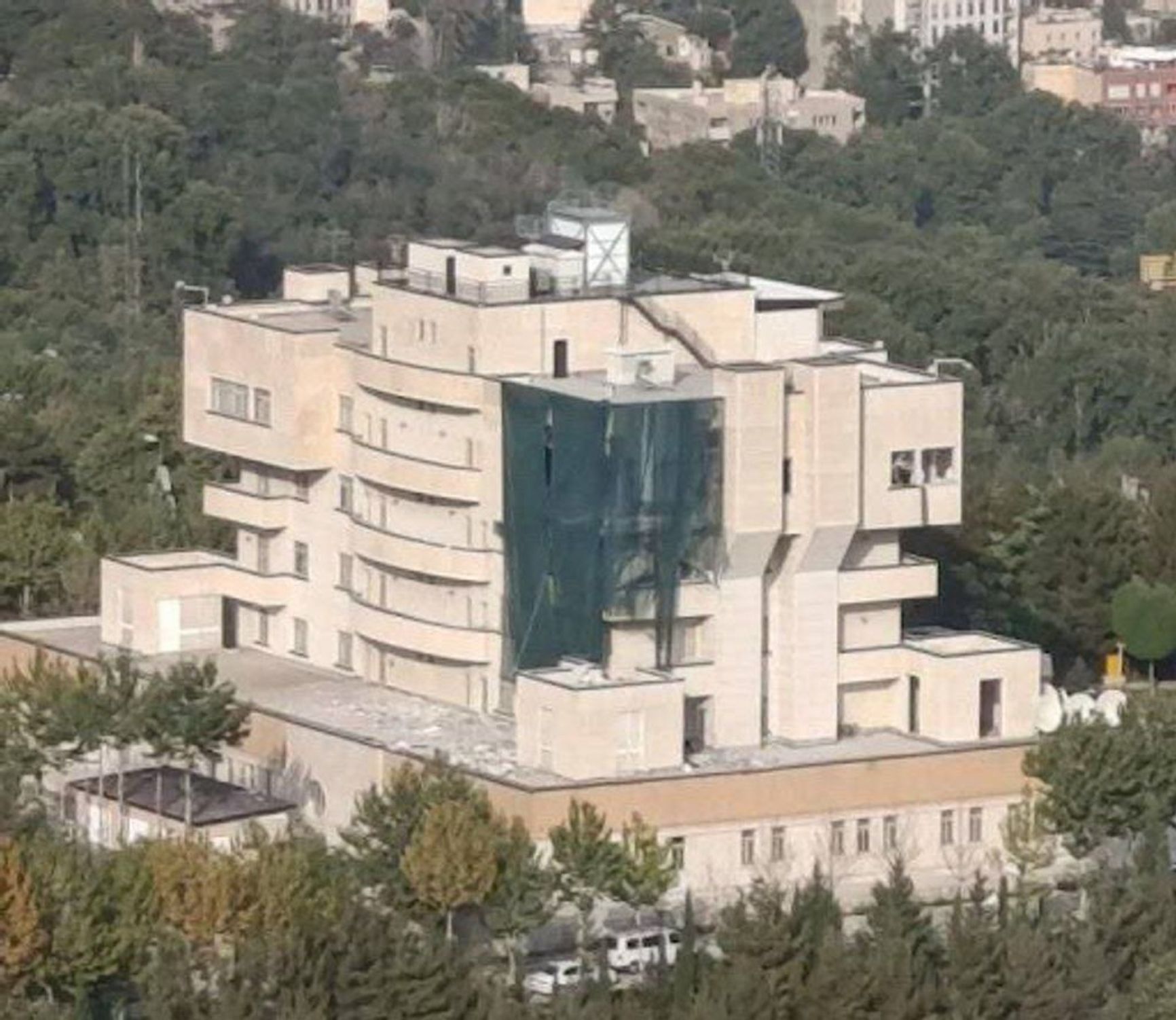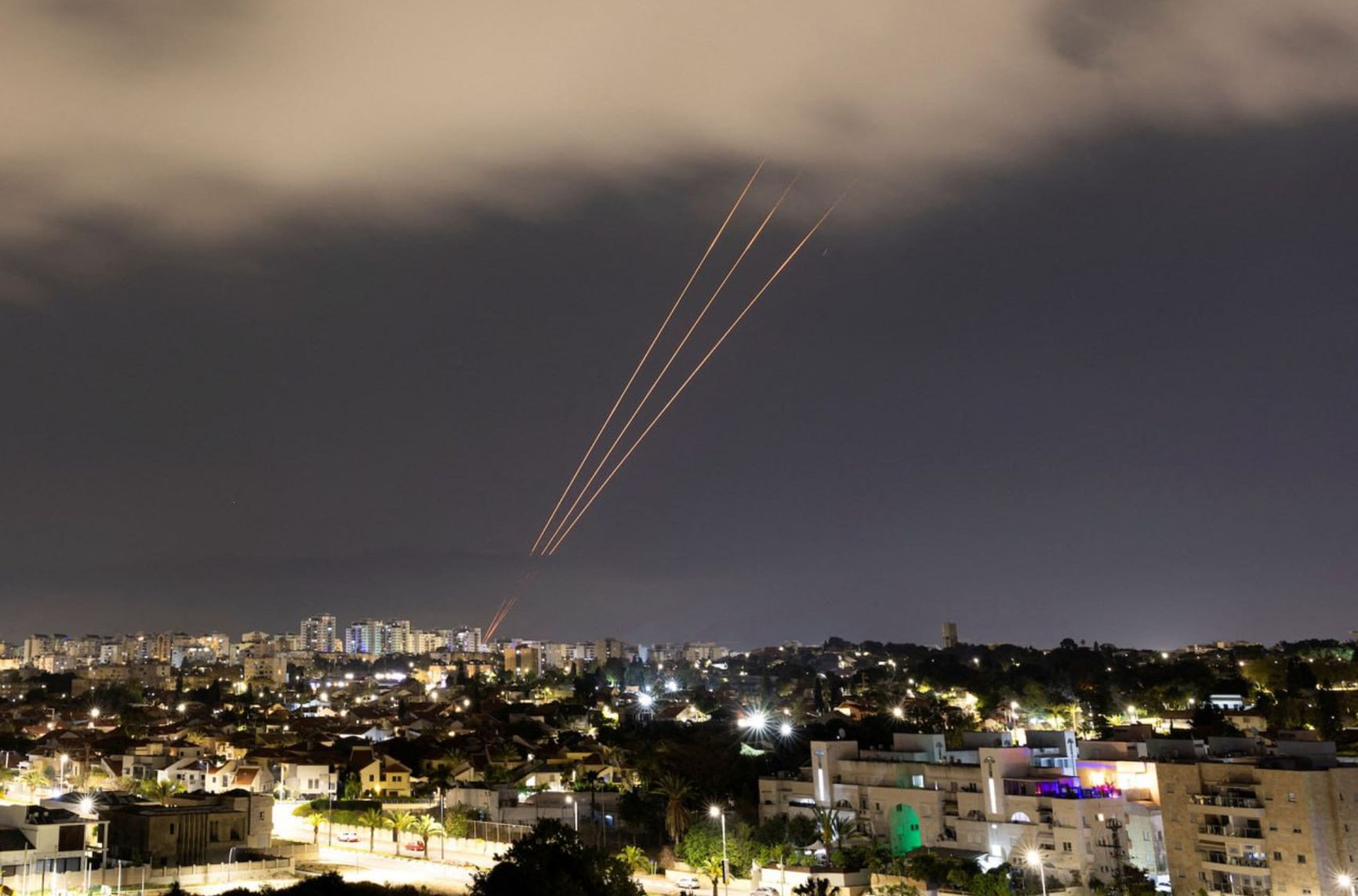

The assassination in Tehran of Ismail Haniyeh, the head of Hamas's political bureau, presents a significant challenge for Iranian authorities. They failed to protect a key foreign guest in their own capital — a guest who was there for the inauguration of the country's new president. Now the Islamic Republic must demonstrate to Israel, which has been accused of carrying out the assassination, that such actions will not go unpunished. Past experience indicates that Iran's retaliations are often unconventional and creative, yet almost always relatively harmless for Israel. Tehran is expected to respond loudly, but it will likely avoid direct military confrontation, according to Iran expert Nikita Smagin.
Public affront
On July 30, reformer Masoud Pezeshkian was inaugurated as Iran’s new president after winning the early elections that followed the death of Ebrahim Raisi in a helicopter crash on May 19. Iranian media reported the attendance of representatives from over 80 countries at the ceremony. However, the celebration of the Iranian government’s international legitimacy was overshadowed by news that broke from local media just a few hours after the ceremonies had ended. On the night of July 31, the head of Hamas's political bureau, Ismail Haniyeh, was killed by a missile strike in the Iranian capital.
The incident appeared to be a public slap in the face to Iran. The high-ranking guest was attending an important event in the capital of his primary military ally. The hosts were responsible for his protection, but they failed to provide it. The strike was highly precise, with reports mentioning only two casualties: Haniyeh and his bodyguard. A photograph published later of the building where Haniyeh was during the strike confirmed this account. The structure showed no outward signs of serious damage — only broken glass and traces of a small explosion. This indicates that the attackers had both the precise coordinates and the necessary technical capabilities to carry out such an operation.
The organizers had both precise coordinates and substantial technical capabilities
The building on the outskirts of Tehran where Haniyeh was staying appears to have been his residence during his visit to Iran. Military experts suggest that an FPV drone or a small guided missile, such as the Spike ATGM, might have been used in the attack. The launch site is unclear — it could have come from a neighboring country like Iraq, or from within Iranian territory, possibly not far from the capital.

Haniyeh was a frequent visitor to Tehran. He regularly held negotiations with Iranian authorities, met with the spiritual leader Ali Khamenei, and attended the 2020 funeral of the legendary General Qasem Soleimani — who was killed by an American drone strike while visiting Iraq. In short, Haniyeh served as a key liaison between Hamas and Iran.
Tehran and Hamas immediately accused Israel of the assassination, and international experts largely agree about Tel Aviv's involvement. Some Israeli politicians have indirectly confirmed it. Israel never officially takes responsibility for such operations. Nevertheless, the assassination of the head of Hamas's political bureau suggests that Israel is capable of conducting such actions in the heart of Iran, signaling that none of its adversaries should feel secure.
Unequal score
Israel frequently carries out political assassinations and sabotage operations within Iran. While Tehran responds with fierce rhetoric and vows of retaliation, these threats rarely materialize into concrete actions.
A 2021 report by The Wall Street Journal illustrates this imbalance between bark and bite. According to the article, since late 2019 Israel had conducted at least twelve attacks on tankers carrying Iranian oil to Syria. But Iran's response has notably restrained, with only two reported attacks on Israeli-owned vessels during the same period. If this were a football match, the score would be a lopsided 10-2 in Israel's favor.
Speaking in football terms, the score is at least 10:2 in Israel's favor
The cyber realm provides another illustrative example of this asymmetric conflict. In October 2021, Iran experienced a sophisticated cyberattack that crippled its nationwide gas station network for hours. Simultaneously, hackers commandeered digital billboards in several Iranian cities, displaying the provocative message: “Khamenei! Where is our gasoline?” This coordinated strike — orchestrated by Israel, according to The New York Times — was clearly designed to foment public unrest. The disruption was so severe that it took Iranian authorities nearly two weeks to fully restore services.
Iran's counterattack, while swift, was less than proportional. Iranian hackers managed to breach two Israeli databases: the dating website Atraf, and the Machon Mor chain of private medical clinics. They then leaked the sensitive personal information of approximately 1.5 million Israeli citizens, including details about sexual orientation and HIV status. While this breach certainly caused distress, its impact was far less widespread and disruptive than the attack on Iran's infrastructure.
These events are just the tip of the iceberg. In recent years, Iran has faced numerous explosions at nuclear facilities, along with the mysterious assassinations of key scientific figures like nuclear physicist Mohsen Fakhrizadeh, who was killed in 2020 with a remotely controlled machine gun. Iran's apparent response was the attempted assassination of Israeli entrepreneur Yair Geller in Turkey in February 2022 — an operation that was thwarted by Turkish security services.
The situation presents a grim picture for Tehran. Israeli operations in Iran are conducted regularly and with striking effectiveness. In contrast, the Islamic Republic has only managed to slightly disrupt the lives of private Israeli citizens. This imbalance is clearly unsatisfactory for the Iranian authorities, who are actively seeking ways to address it. Notably, their efforts have seen some success this year.
Israeli operations in Iran are conducted regularly; in response, Tehran is only capable of slightly disrupting the personal lives of Israeli citizens
Loud but harmless
In April 2024, Israel destroyed a building near the Iranian embassy in Damascus, killing around fifteen people, including key figures from the Islamic Revolutionary Guard Corps. Tehran viewed this as crossing a red line and was determined to retaliate. As a result, for the first time in history, the Iranian armed forces launched a direct strike on Israel, using approximately 300 drones and missiles.

The Iranian approach was strategic. Tehran's tactics towards Israel and the United States are designed to avoid triggering the sort of full-scale conflict that could threaten the Iranian state’s existence. Therefore, attacks are planned to create significant impact while minimizing the risk of escalatory retaliation. By launching the 300 UAVs and missiles from Iranian territory rather than from Syria or Lebanon, where pro-Iranian forces are present, Tehran allowed Israel and the U.S. sufficient time to intercept most of the incoming munitions. Nevertheless, Tehran achieved its objective of creating a substantial commotion — with limited risks.
As a result, Israel faced a challenging dilemma. Iran’s attack was unprecedented, but responding with a direct strike on the attacker could have pushed the entire region toward a major war — something Israel might not want to risk, especially given that no significant damage had been done. Instead, this time it was Israel that opted for a symbolic response, targeting a military base near the Iranian city of Isfahan. This move helped to temporarily de-escalate tensions.
However, the assassination of Haniyeh has once again put pressure on Tehran to act. Iranian officials, including spiritual leader Ali Khamenei, have emphasized the need for retaliation, with Khamenei stating: “Martyr Haniyeh gave years of his precious life for the struggle. We consider it our duty to avenge his blood.” On the day of the assassination, Western press reports emerged indicating that Iran had already decided to strike Israel.
While it’s almost certain that Iran will attempt some form of retaliatory action against Israel, the nature of this response remains uncertain. Recent experiences suggest that Tehran, frustrated by being a frequent target, is eager to change its position. However, Iran remains cautious about risking a direct war with Israel — and its main ally in Washington. Therefore, it is likely that Iran will again opt for a “creative response,” one similar to its approach in April.